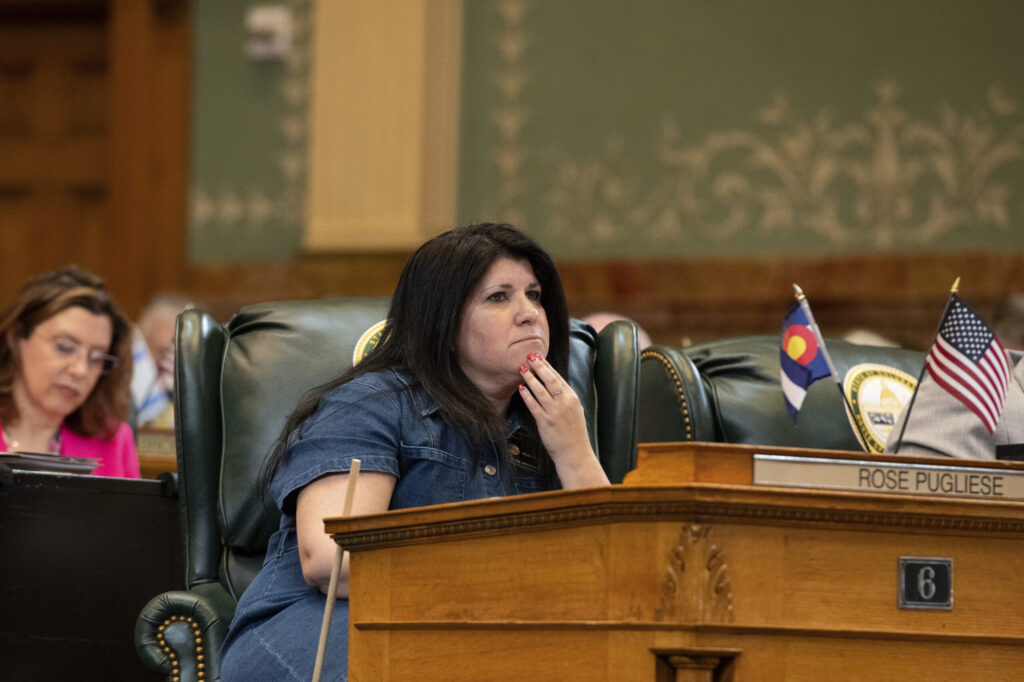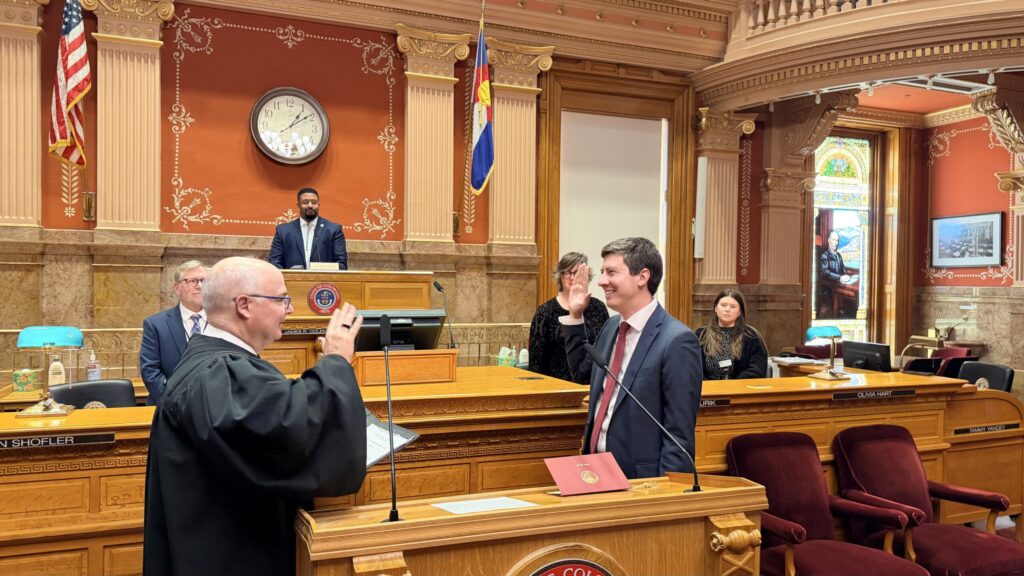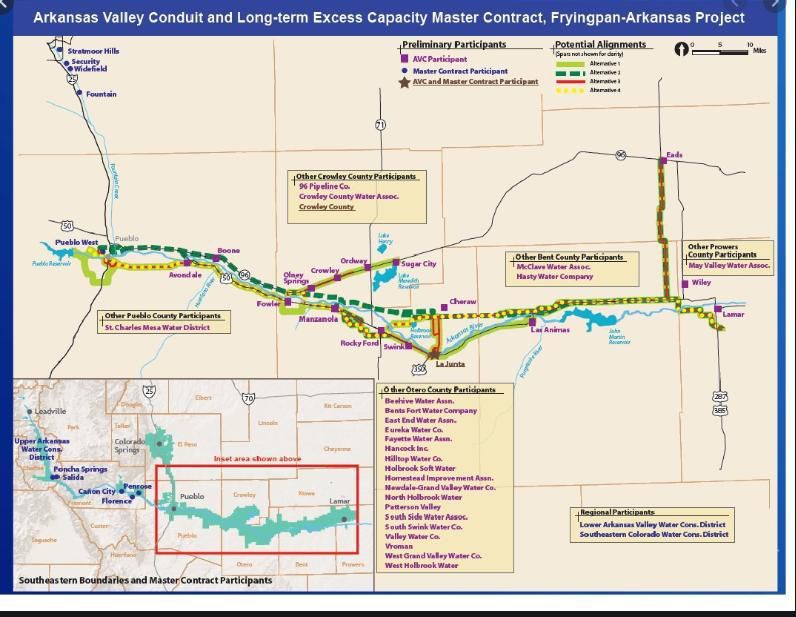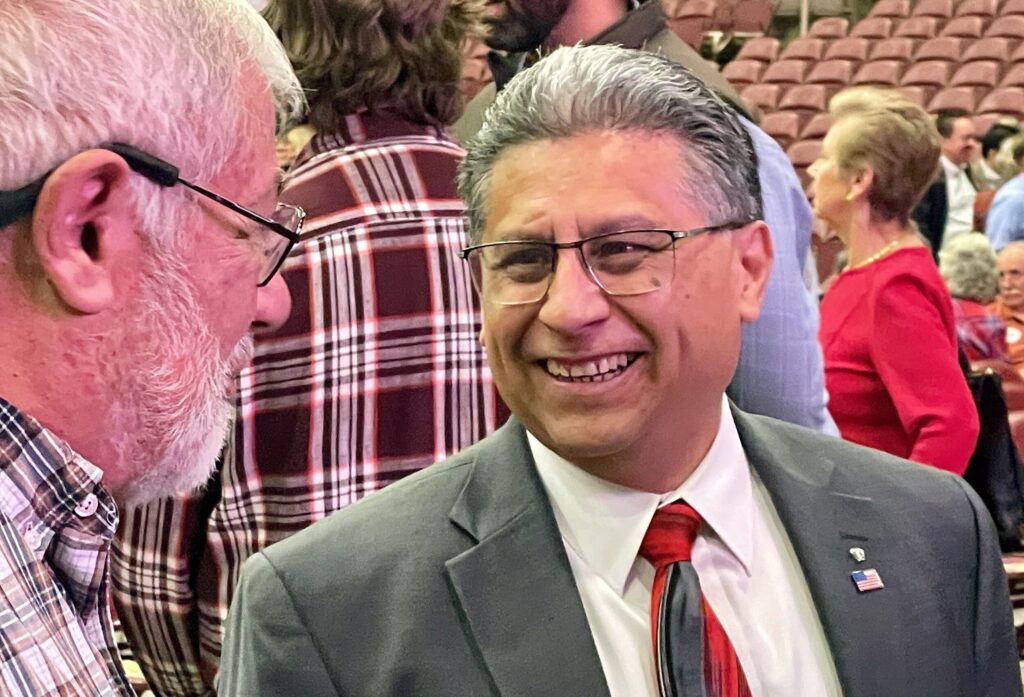Fix to marijuana taxes for special districts headed to Colorado governor

Special districts like the eight-county metro Denver Regional Transportation District (RTD) and a hospital district on the Western Slope can breathe easier this week after the Colorado state Senate wrapped up the last details on a bill that will allow them to once again collect retail marijuana taxes.
The bill survived a last-minute challenge in the Senate Tuesday, based on concerns about whether districts could go back and ask for taxes dating back to when they stopped collecting them.
Senate Bill 88 is intended to fix a drafting error in last year’s omnibus bill on Sustainability of Rural Colorado, Senate Bill 17-267.
The 2017 measure changed the state’s hospital provider fee to an enterprise, a government-owned business; put $30 million into rural schools; and allowed the state to bond for almost $2 billion in transportation projects, with one-quarter of that dedicated to rural areas. It also provided small businesses with a tax break on business personal property, and required Medicaid recipients to pay a co-pay on medical services.
But it’s what the bill didn’t have that caused the problem. The $30 million for rural schools is to be paid for by hiking the state’s retail marijuana taxes to 15 percent from 12.1 percent. But the drafter, the bill’s sponsors and lobbyists for the special districts failed to notice that the hike would wipe out retail marijuana tax revenues for 14 special districts that had already gained voter approval to collect them.
That error led to a failed special session in October; Senate Republicans insisted the issue could wait until January for a fix, but at the same time RTD complained it was losing a half-million dollars a month, beginning July 1, 2017.
RTD isn’t alone; the error affected the Denver-area Scientific and Cultural Facilities District, five regional transportation districts, mostly on the Western Slope, a hospital district in Montezuma County, a housing district in Summit County and five metropolitan districts in Eagle and Jefferson counties. In 2018-19, without a fix, those districts were at risk of losing $8.6 million total.
The fix came in the form of SB 88, which sailed through the Senate and the House, except for one small change – an amendment put on by the House that would make it clear that the special districts could not collect the tax retroactively back to July 1, when the 2017 change on taxes went into effect. The House amendment called any efforts to go back in time on tax collections impractical.
The bill suggests the special districts go back to voters and ask once again for permission to collect those taxes, although none have so far indicated they would do so. The districts aren’t required by the bill to go back to voters – a provision of the Taxpayer’s Bill of Rights that requires voters to approve tax increases, even when caused by an error – but they will be able to begin collecting those taxes again upon signature of the governor.
The Senate Tuesday was in the position of approving the House amendment. Republican Sen. Bob Gardner of Colorado Springs, the bill’s main sponsor, found it odd that the House felt the need for the amendment but he was willing to go along with it. Sen. Beth Martinez-Humenik of Thornton, however, had concerns about the how the House viewed retroactive. “I’ve pointed out that the bill as amended that retail sales taxes on marijuana not collected shall not be collected,” Gardner told the Senate.
The Senate then agreed to the House amendment and the bill passed the Senate on a 24-11 vote. Notable among the “no” votes: Senate President Pro tem Jerry Sonnenberg of Sterling, the original sponsor of SB 267.













